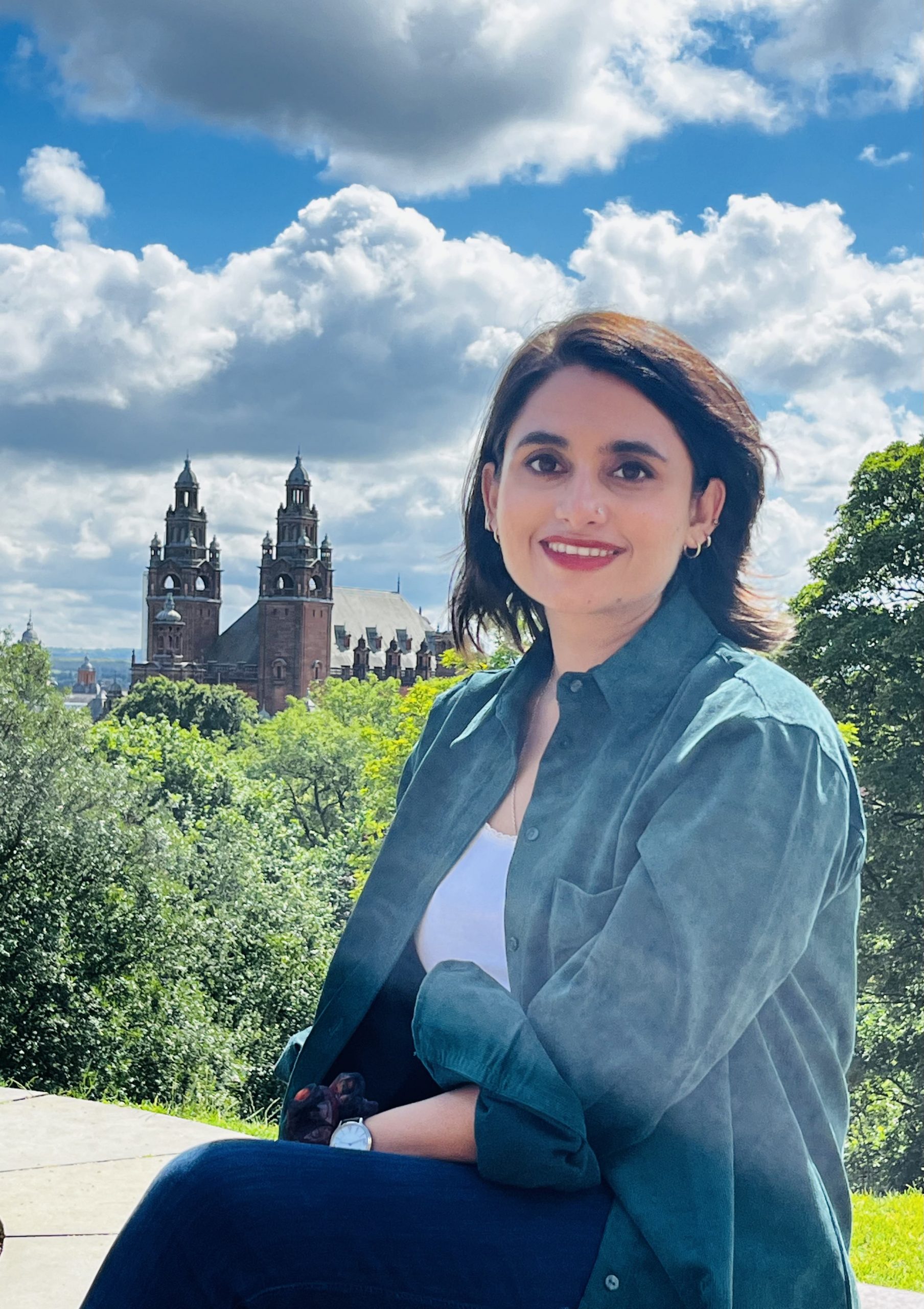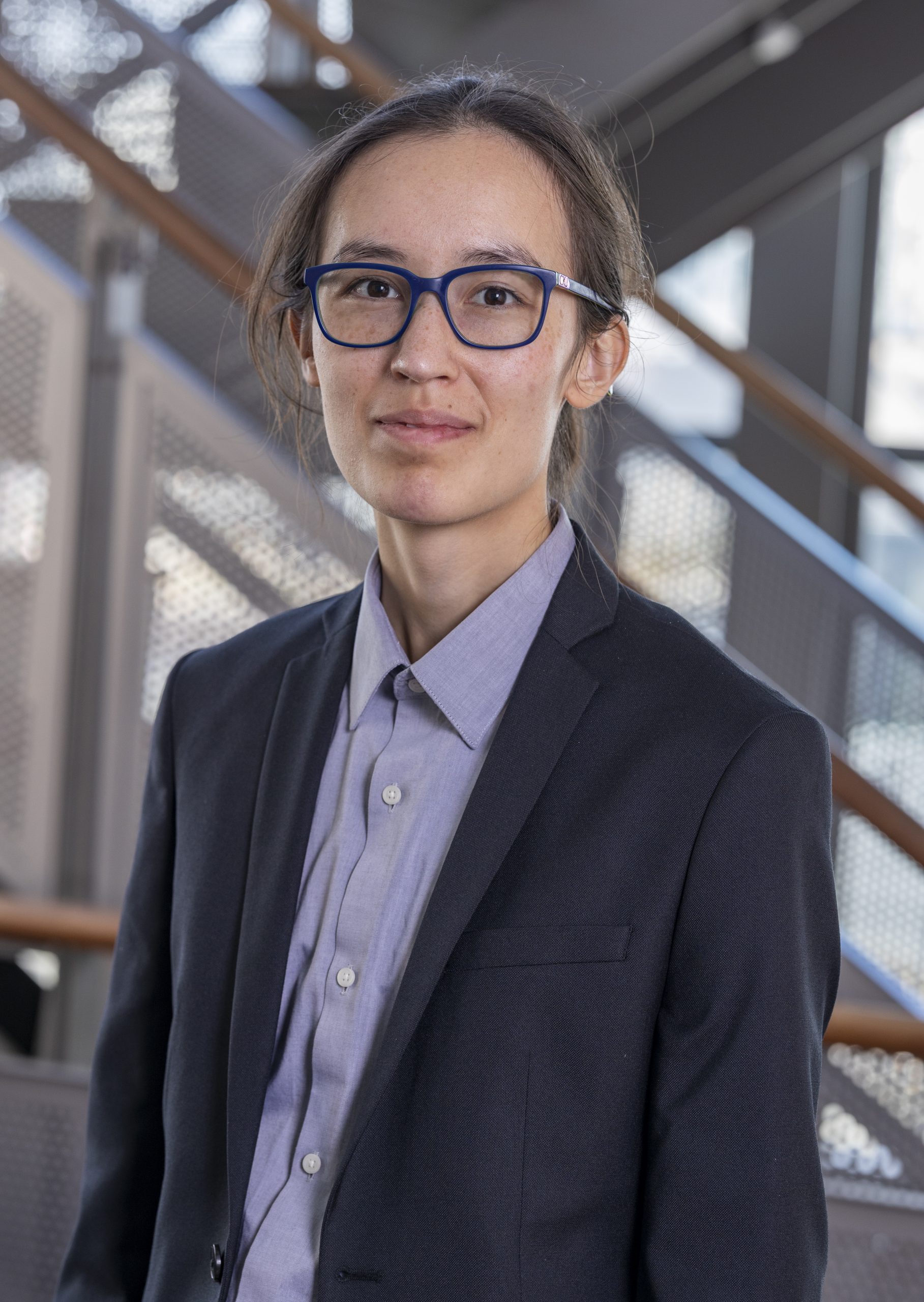EISA Postdoctoral Bridge Grants 2024: Recipients Announced
We are pleased to announce the winners of the EISA Postdoctoral Bridge Grant scheme:
-
Mark Gilks
-
Jamal Nabulsi
-
Khushi Singh Rathore
-
Vic Castro
-
Cagla Demirel
EISA Postdoctoral Bridge Grants support recently graduated or final-year PhD students who have not secured an academic contract or fellowship. They are designed to help bridge the gap between a doctorate and a postdoctoral funded/salaried position.
The recipients will utilise the EISA funding to work on the following objectives:

Mark Gilks
I am very grateful to the EISA for supporting my on-going research with the Postdoctoral Bridge Grant. The grant will allow me to work exclusively on the following two projects: First, it will allow me to finalise a research article which I intend to submit to a relevant, high-impact academic journal. The article (entitled “Towards a Phenomenological Ontology of War: Agency and Responsibility”) outlines the main methodological contribution of my recently-completed doctoral thesis. In particular, it aims to demonstrate the contribution of phenomenology to war studies by offering a phenomenological critique of the recent trend in critical war studies towards an ontology of war. Second, and once the aforementioned article has been submitted, the grant will allow me to dedicate time exclusively to developing a monograph proposal based on my doctoral thesis which I plan to submit to a top-ranking university press. My doctoral thesis offers a phenomenology of war with an empirical focus on the case of the British soldier in Afghanistan. The main theoretical argument advanced is that enmity in war can be understood as Being-against, a phenomenological notion which draws on and inverts Heidegger’s notion of Being-with to offer an account of how identity and relational antagonisms are constituted in war. The thesis also shows how phenomenology opens up new empirical sources, such as novels and artworks (which I analyse across various empirical chapters), for understanding social reality. I believe this thesis, adapted into a monograph, will make an important contribution to the war studies literature and to our understanding of war more generally; and I thank the EISA for supporting me in this endeavour.

Jamal Nabulsi
Palestine and the Will to Arbitrate: In the face of an ongoing genocide in Gaza, we are currently witnessing unprecedented global solidarity with the Palestinian cause. However, as I explore in this project, such “solidarity” is at times governed by a colonial will to arbitrate that has long plagued international understandings of, and positions on, Palestine/Israel. This will to arbitrate is an affective logic of coloniality through which the arbiter grants themselves the authority to define who is and is not deserving of particular rights. In doing so, the will to arbitrate also defines who is capable and incapable of sound judgement, reproducing racial-colonial hierarchies of knowledge whereby the white-Western subject is granted the ability to know, while colonised peoples are merely objects to be known. This will to arbitrate is an affective articulation of Orientalism, which Edward Said described as “a certain will or intention [his emphasis]” as much as a set of ideas about “the Orient”. In this project, I trace the will to arbitrate over time, tracking its continuities and discontinuities. I analyse key historical documents concerning Palestine such as the Balfour Declaration, the UN Partition Plan for Palestine, and the Oslo “Peace” Accords, as well as current liberal articulations of solidarity with Palestine. I demonstrate how, while these articulations employ distinct terms of debate for distinct ends, they often embody the same colonial will to arbitrate that drove earlier attempts to dictate what ought to become of the land and people of Palestine.

Khushi Singh Rathore
I am very happy to receive the EISA Postdoctoral Bridge Grant, this support will help me further my research on women in Indian diplomacy. Grounded in feminist theory and employing the frameworks of feminist historiography, my project is a gendered inquiry of the Indian foreign office, critically assessing the existing narratives of India’s foreign policy and diplomacy from a feminist lens. Beginning with the overarching feminist question, ‘where are the women?’, my research disrupts the predominant androcentric narratives in Indian diplomatic history. Thus, making an important and novel intervention in the study of Indian diplomacy by setting forth a new research agenda, i.e., the need to study the role of women in early years of India’s foreign policy which I conceptualise as ‘Gendering Indian Diplomacy’. I will be using the grant primarily towards developing parts of my research findings so far into peer-reviewed journal articles in the coming months. In this course I will also be reworking my doctoral thesis, ‘Women in the Early Years of India’s Foreign Policy: Evaluating the Role of Vijaya Lakshmi Pandit’, into a book manuscript.

Vic Castro
The main project is a book provisionally titled Corporeal machines: Force and security in states, cyberspace, and breathing bodies,anchored in the material turn of critical security studies. The titular concept of corporeal machines refers to an interplay of determinacy, order, and unruliness which inseparably underpins biological bodies, technologies, and political entities. The book seeks to revisit the classical realist notion of force in the light of cyberspace, where texts in computing language can compel as violently as physical coercion. The tension between materiality and language can be traced back to Hobbes and his conception of the body as a machine. In a disorderly mechanical universe, sociopolitical order can be established by locking unruly materiality away – inside the boundaries of human skin. The book revitalises the Copenhagen School’s poststructuralist realism, the Derridian approach to traditional IR that informed securitisation theory, in conversation with science and technology studies and particularly actor-network theory (ANT). Empirically, it relies on ethnographic insights from a case of genetic illness – a mishap of genetic code – to understand the agency of software code in cases of encryption and spyware. The book project has received interest from the OUP / EISA Voices in International Relations series, with a full manuscript expected to be delivered by the end of 2024. An additional project to be completed in that timeframe is a grant application with the Danish Institute for International Studies (DIIS). The project would employ at least three researchers and focus on the role of technological hardware in the decolonial endeavoursof Global South countries, including cases such as the Mexican space programme and the Indian quantum roadmap.

Cagla Demirel
I am honoured to have received the EISA Postdoctoral Bridge Grant, which will advance my research into memory politics and post-conflict transformations and enable me to finalise ongoing manuscripts and develop a proposal for postdoctoral project funding. First, I will use the grant to complete a manuscript entitled 'Does Power-Sharing Facilitate Memory-Sharing? Bosnian Croat Narratives in post-war Bosnia-Herzegovina,' based on my Ph.D. dissertation. This study explores narratives concerning the power-sharing structure in Bosnia-Herzegovina. It also examines war-related memory-sharing narratives between Bosnian Croats and Bosniaks, thereby illustrating the intricate relationship between institutional and memory aspects of peacebuilding. Additionally, I will submit a co-authored manuscript titled "From Innocent Victims to Dangerous Perpetrators: Exploring the Construction of the 'Child Victim of War'" in collaboration with Johanna Mannergren. This timely and essential study maps several discursive constructions and representations of children in conflict and post-conflict contexts. Furthermore, the grant will enable me to author a book chapter on memory activism in Turkey, scrutinizing the conflict surrounding the commemorative places and their associated memories. Finally, I will develop a postdoctoral project proposal on memory politics in Turkey and Serbia, aiming to examine reactions to international pressure within the context of memory politics — a critical and understudied aspect of international relations.
The next round of the scheme will be launched in late 2024. Please subscribe to our newsletter and follow us on social media to stay up-to-date.
